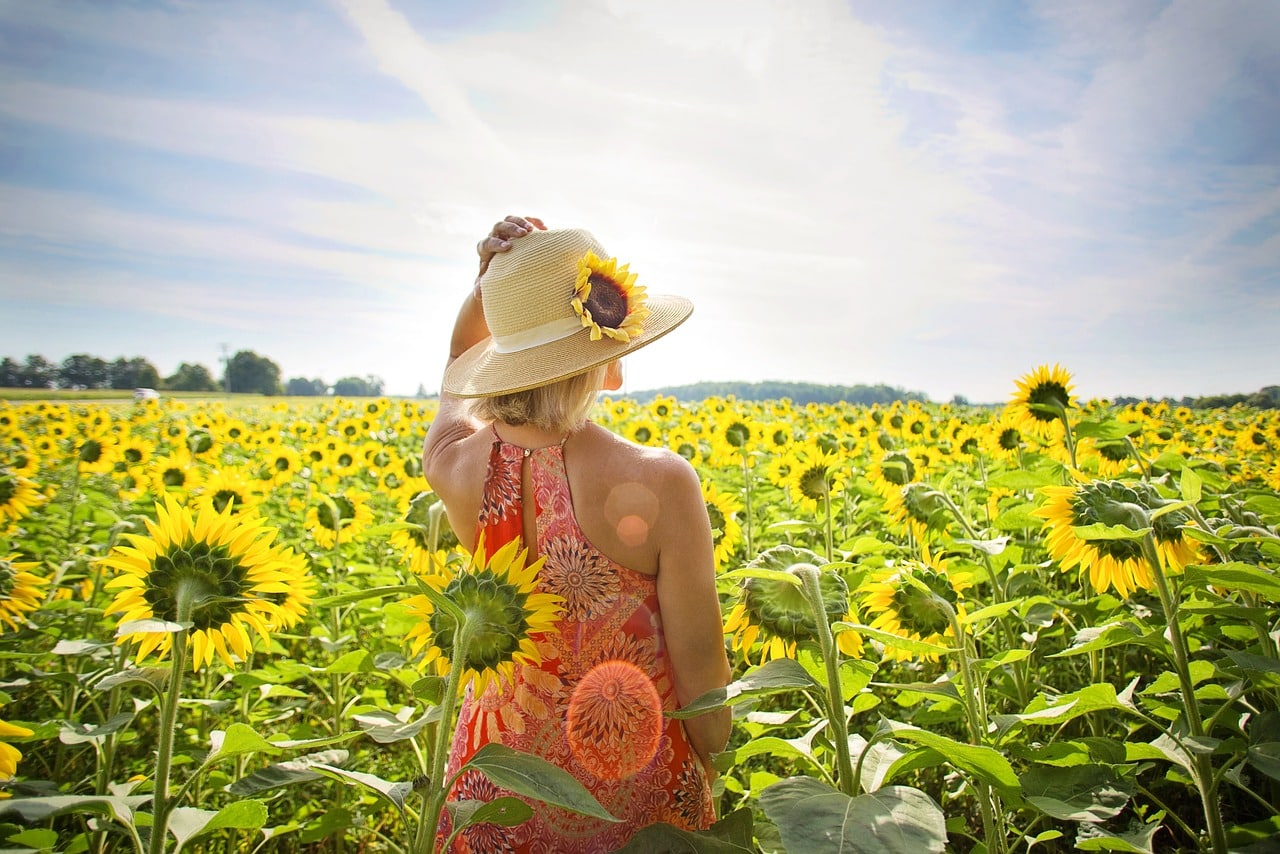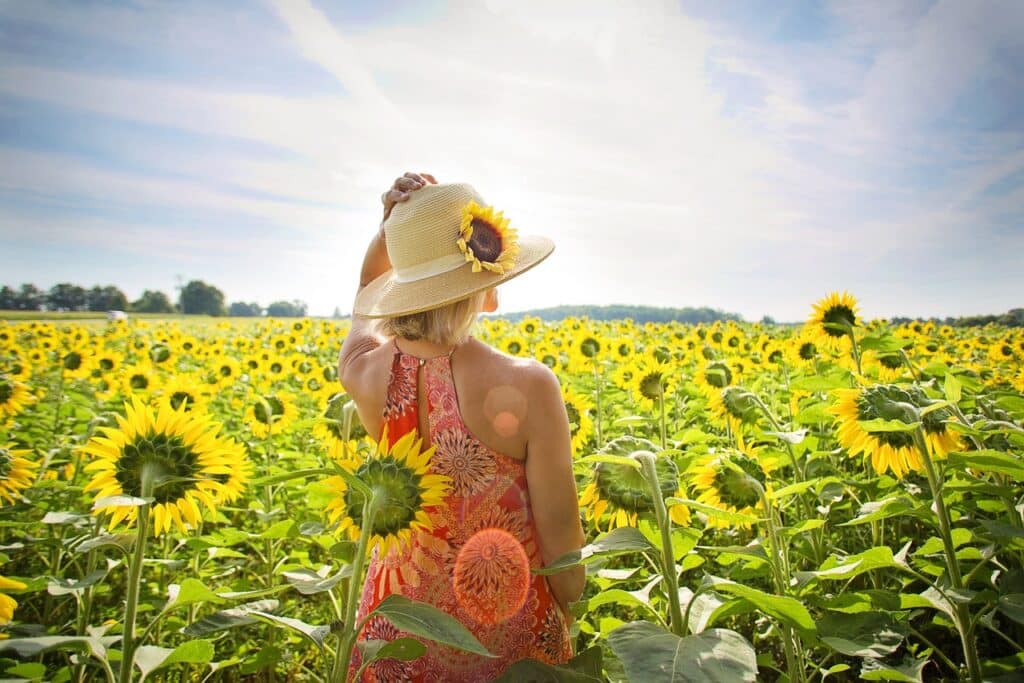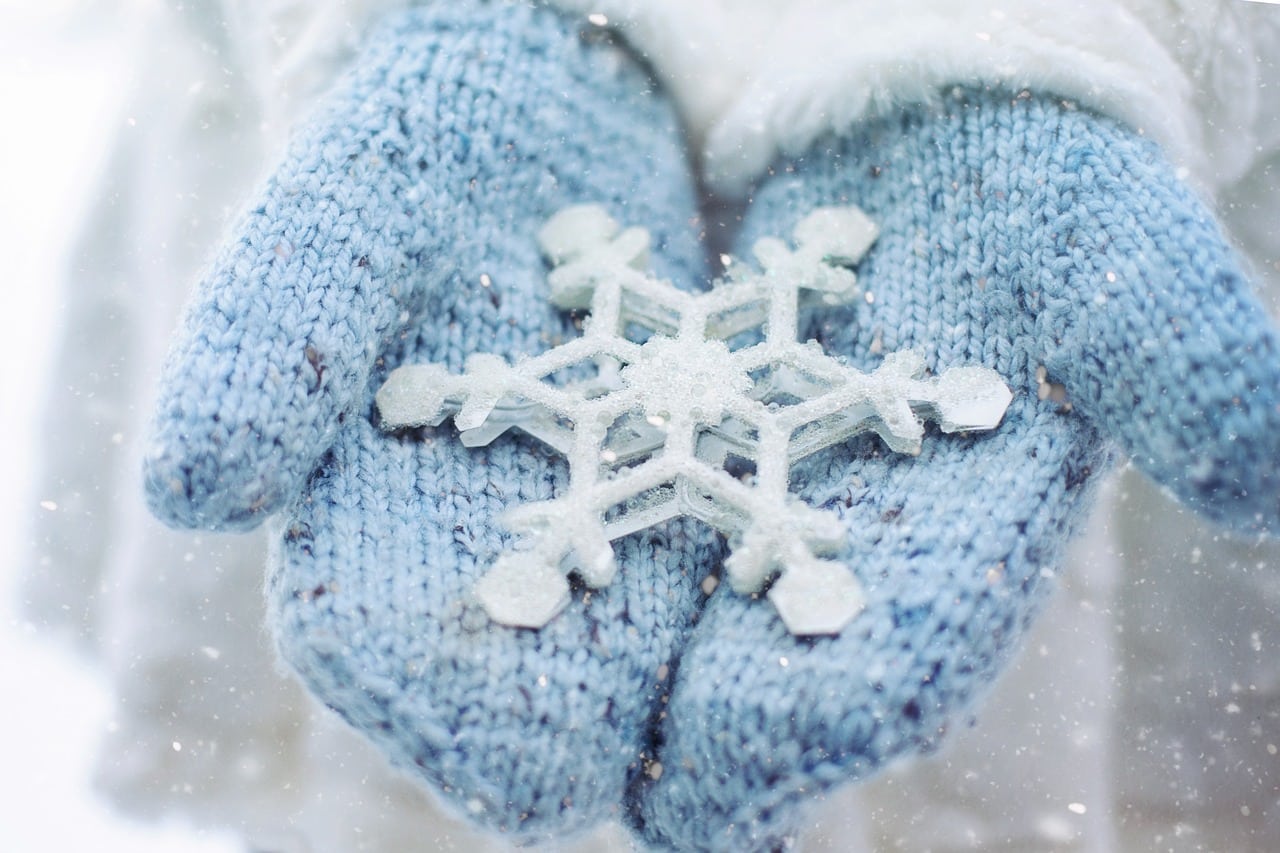
[ad_1]

Study all in regards to the months in Russian with this weblog information to months, seasons and seasonal occasions in Russian.
Discover out all in regards to the Russian calendar and easy methods to specific dates in Russian.
And when you ever get the possibility to go to Russia, you’ll know what to anticipate for every season!
Contents
Obtain: This weblog put up is out there as a handy and moveable PDF that you just
can take anyplace. Click on right here to get a duplicate. (Obtain)
Names of the Months in Russian
First, let’s get into the principle vocabulary. Right here’s easy methods to say the months in Russian:
Saying and Writing Dates in Russian
Russian Months within the Genitive Case
When saying the date, months are within the genitive case. Right here’s how to try this:
write dates in Russian
The format for writing dates in Russian is “day month 12 months.” Keep in mind that Russian dates typically embody the total 12 months, particularly in written type.
In contrast to English, months and seasons in written Russian are handled as frequent nouns, so that they’re not capitalized.
For instance:
15 июля 2023 года (15 July 2023)
15 мая 1965 года (15 Could 1965)
12 декабря 1972 года (12 December 1972)
say dates in Russian
To say the date, you employ the ordinal numbers for the day and the genitive case for the month.
For instance:
пятнадцатое июля две тысячи двадцать третьего года (pyatnadtsatoye iyulya dve tysyachi dvadtsat’ tretyego goda)
Пятнадцатое мая тысяча девятьсот шестьдесят пятого года (Pyatnadtsatoye maya tysyacha devyat’sot shestdesyat pyatogo goda)
Двенадцатое декабря тысяча девятьсот семьдесят второго года (Dvenadtsatoye dekabrya tysyacha devyat’sot sem’desyat vtorogo goda)
Seasons in Russian
As you study in regards to the seasons, needless to say Russians use a calendar definition of seasons, not the astronomical one as many different locations worldwide. Therefore, spring begins on March 1, not March 21; summer season on June 1, not June 21; autumn on September 1, not September 21; winter on December 1, not December 21.
Весна (Vesna) — Spring
Ah, spring! The time of blooming and, in some components of Russia, flooding. Because the snow melts, rivers and lakes swell, and generally overflow their banks. This could trigger some disruption, but it surely additionally brings with it the renewal of vitamins to the land.
Springtime additionally brings fairly a couple of celebrations. Масленица (Maslenitsa) is a extensively celebrated conventional Russian pageant marking the tip of winter and the arrival of spring. This week-long occasion includes varied customs, with one of many highlights being the preparation and consumption of блины (blini), skinny pancakes symbolizing the solar. Households collect to get pleasure from these treats, typically topped with caviar, bitter cream or jam.
Moreover, Worldwide Ladies’s Day on March eighth holds nice significance. Referred to as Международный женский день (Mezhdunarodny zhenskiy den’) or just Восьмое марта in Russian, it’s a day to honor girls’s achievements and contributions. Flowers, significantly tulips, are widespread items, and plenty of occasions are organized to have a good time girls throughout the nation.
One other notable celebration is Easter, known as Пасха (Paskha) in Russian. Whereas the date aligns with the Christian calendar, many Russians additionally incorporate conventional folks rituals into their Easter festivities. It’s a time for household gatherings, particular meals and the change of superbly embellished eggs or крашенные яйца (krasnennye yaytsa).
One ultimate Russian spring vacation of observe is Victory Day on Could 9, often known as День Победы (Den Pobedy). It’s a major vacation in Russian tradition commemorating the victory over Nazi Germany in World Conflict II.
Лето (Leto) — Summer time
Russians typically spend their summers at дача (dacha), countryside cottages. This custom is deeply ingrained, and households domesticate gardens and benefit from the tranquility of nature.
Ivan Kupala Evening, or Иван Купала (Ivan Kupala) in Russian, is a outstanding summer season celebration in Russian tradition. This historical Slavic pagan pageant, celebrated across the summer season solstice, includes varied rituals, together with the weaving of flower crowns, leaping over bonfires for good luck and looking for the legendary “fern flower,” believed to convey happiness and wealth. День России (Den’ Rossii), or Russia Day, on June twelfth, is a nationwide vacation commemorating the declaration of sovereignty.
The White Nights Pageant in St. Petersburg, Фестиваль “Белые ночи” (Pageant Belye Nochi) is one other notable summer season occasion. As town experiences virtually steady daylight throughout this time, varied cultural performances, together with the well-known Scarlet Sails celebration, illuminate the “Venice of the North.” The Scarlet Sails occasion includes a spectacular show of fireworks and a ship with scarlet sails, symbolizing the end result of educational achievements for graduates.
Осень (Osen’) — Autumn
September first is День знаний (Den’ Znaniy), or Information Day. It marks the start of the varsity 12 months and is a major cultural occasion in Russia. College students wearing formal apparel attend ceremonies with flowers for his or her academics.
Хэллоуин , or Halloween isn’t historically a Russian cultural celebration, however its recognition has been rising in recent times, particularly in city areas and among the many youthful technology. The vacation has been influenced by Western tradition and isn’t deeply rooted in Russian traditions. In city facilities like Moscow and St. Petersburg, it’s possible you’ll discover Halloween decorations, themed events and a few individuals dressing up in costumes.
Зима (Zima) — Winter
Winter in Russian tradition is marked by the celebration of the New Yr, often known as Новый год (Novy God). Whereas Christmas can be noticed, the New Yr is the principle vacation for festive gatherings, present exchanges and elaborate decorations. Grandfather Frost, or Дед Мороз (Ded Moroz), accompanied by his granddaughter Снегурочка (Snegurochka), delivers presents to youngsters on New Yr’s Eve.
Orthodox Christmas, celebrated on January seventh, follows the Julian calendar. Identified in Russian as Православное Рождество (Pravoslavnoe Rozhdestvo), it’s a quieter, extra spiritual vacation, with many attending church providers and partaking in festive meals with household.
Татьянин день (Tatyanin Den’), or Tatiana Day, is one other cultural occasion related to the tutorial calendar. It takes place on January twenty fifth in line with the Julian calendar and honors college students and academics, significantly these in greater schooling. Many instructional establishments have a good time today with varied actions and occasions.
Ice sculpting festivals, just like the one held in St. Petersburg, have gained recognition in Russia throughout winter. These occasions showcase intricate ice sculptures and entice guests from all over the world.
Russian Calendar System
The Russian calendar system traditionally used the Julian calendar, which was launched by Julius Caesar in 45 BCE. Nonetheless, in 1918, Russia adopted the Gregorian calendar as a part of a collection of reforms beneath the Soviet authorities. The Gregorian calendar, launched by Pope Gregory XIII in 1582, is the calendar system extensively used internationally.
The first distinction between the 2 calendar techniques is in the way in which they deal with leap years. The Julian calendar provides a leap day each 4 years with out exception, making the typical 12 months 365.25 days lengthy. In distinction, the Gregorian calendar adjusts for this slight overestimation by skipping leap years in years divisible by 100 however not divisible by 400. This refinement brings the typical 12 months size nearer to 365.2425 days.
On account of these variations, the Gregorian calendar is extra correct in aligning with the astronomical 12 months, making it the usual calendar for many of the world at present. Nonetheless, some Orthodox Christian church buildings, together with the Russian Orthodox Church, nonetheless use the Julian calendar for liturgical functions, resulting in variations within the celebration of non secular holidays resembling Christmas and Easter.
Widespread Phrases and Expressions
Listed here are some expressions that includes months and seasons!
- Майские заморозки (Mayskiye zamorozki) — Could frost
Could has some unexpectedly chilly days, typically throwing crops in query by freezing the younger vegetation.
- Марток, надевай семь порток (Martok, nadevay syem’ portok) — March, put on seven pants
This provides you a reasonably good sense of the climate in Could in Russia… bone-chillingly chilly!
- Не май месяц (Nye could mesyats) — It’s not Could
That is used each time someone exposes somebody to chilly unnecessarily, for instance, by opening home windows, turning off the warmth, and so on.
- Цыплят по осени считают (Tsypliat po oseni schitayut) — chicks are counted within the autumn
That is the Russian model of the English expression “don’t depend your chickens earlier than they’re hatched.”
- Готовь сани летом, а телегу—зимой (Gotov’ sani letom, a telegu—zimoi) — put together the sledge in the summertime and the cart within the winter
This phrase emphasizes the significance of preparation and planning forward.
- Летний день год кормит (Letniy den’ god kormit) — A summer season day feeds the 12 months
This expression highlights the importance of a productive summer season day, suggesting {that a} profitable and fruitful summer season can have a optimistic impression on all the 12 months. I
Have fun the passing of time with these vocabulary for dates, seasons and months in Russian!
[ad_2]
